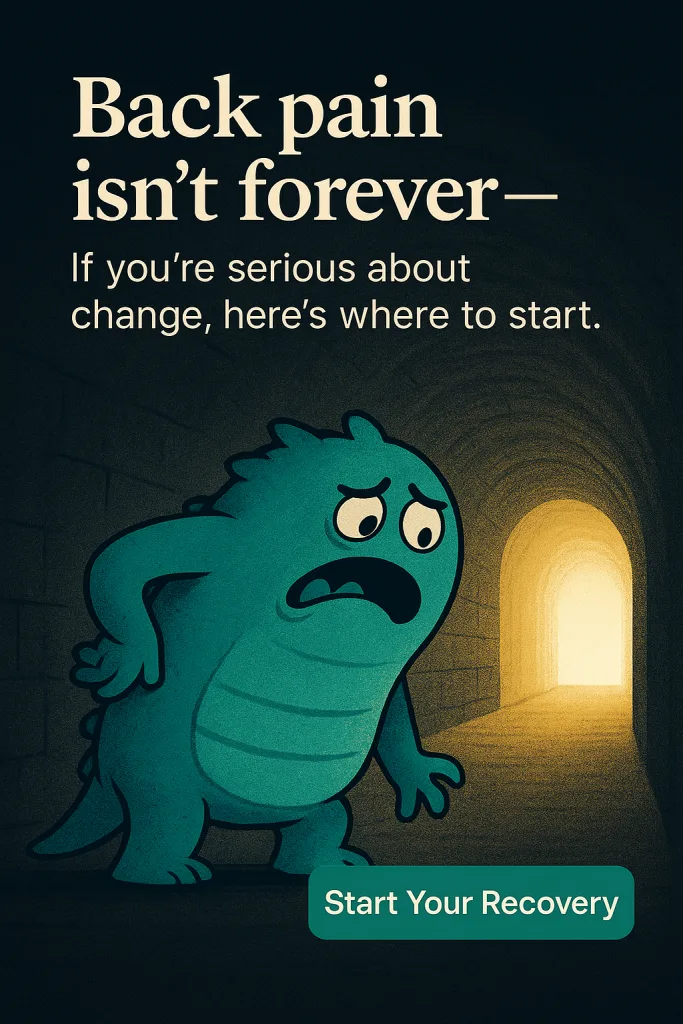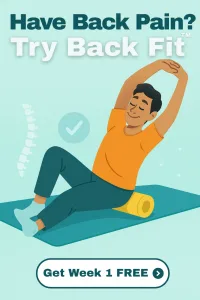Well what about this weather? The first Red Weather Warning issued in Scotland must mean some significant weather. As a result we shut up shop at Life Fit to keep everyone safe but it did give me a chance to think about how weather and the environment affects our activity.
 We know that the body loves movement and in fact is designed to move. For many, the severe snow causes us to change from our normal activities and perhaps become less active. A ‘snow day’ on the sofa does seem appealing but perhaps our bodies will disagree after a while. There’s nothing wrong with a little R & R but even a short stand, stretch and move every so often can go a long way to minimise musculoskeletal discomfort such as back and neck pain. Advice for office workers is to sit for 20min, stand for 8mins and move or stretch for 2mins every half an hour , that seems like pretty good advice for a ‘snow day’ at home too!
We know that the body loves movement and in fact is designed to move. For many, the severe snow causes us to change from our normal activities and perhaps become less active. A ‘snow day’ on the sofa does seem appealing but perhaps our bodies will disagree after a while. There’s nothing wrong with a little R & R but even a short stand, stretch and move every so often can go a long way to minimise musculoskeletal discomfort such as back and neck pain. Advice for office workers is to sit for 20min, stand for 8mins and move or stretch for 2mins every half an hour , that seems like pretty good advice for a ‘snow day’ at home too!
For others, the snow may mean an increase in activity or perhaps a sudden introduction of a new activity. For me this has been the case when required to pull 2 young children along to the park in a sledge. After about 200m along the pavement I began to follow my own advice’.my ‘pulling arm’ was starting to moan at me, so I changed arm. A further 200m along the road I realised I was stooped over leaning forwards and my back was grumping, so I stopped, stood up, did a couple of back bends and was ready to go again (with a further change of pulling arm!).
On my journey to the park for the beginning of my children’s Winter Olympics training (!) I saw several shop keepers shovelling and sweeping snow to clear the way. Perhaps you have had to do this to get out of your house or clear around the car. If so, remember to follow the same principles I adopted: keep the work bouts short, have regular ‘posture breaks’, and if possible split up the tasks either by changing dominant hand or doing something different for a short period.
 If you do get sore as a result of moving too little, doing something new or doing too much, don’t worry. Most of the time these issues resolve quickly and fully. Try to keep gently active within your tolerance and especially avoid prolonged periods of inactivity. If your symptoms are severe and debilitating then seek advice promptly. While we rarely see weather like this our team of Physiotherapists commonly encounter musculoskeletal issues related to changes in activity (increase or decrease) and have a wealth of experience in assisting in these circumstances.
If you do get sore as a result of moving too little, doing something new or doing too much, don’t worry. Most of the time these issues resolve quickly and fully. Try to keep gently active within your tolerance and especially avoid prolonged periods of inactivity. If your symptoms are severe and debilitating then seek advice promptly. While we rarely see weather like this our team of Physiotherapists commonly encounter musculoskeletal issues related to changes in activity (increase or decrease) and have a wealth of experience in assisting in these circumstances.
In the meantime, stay safe in the weather and keep (appropriately) active!












